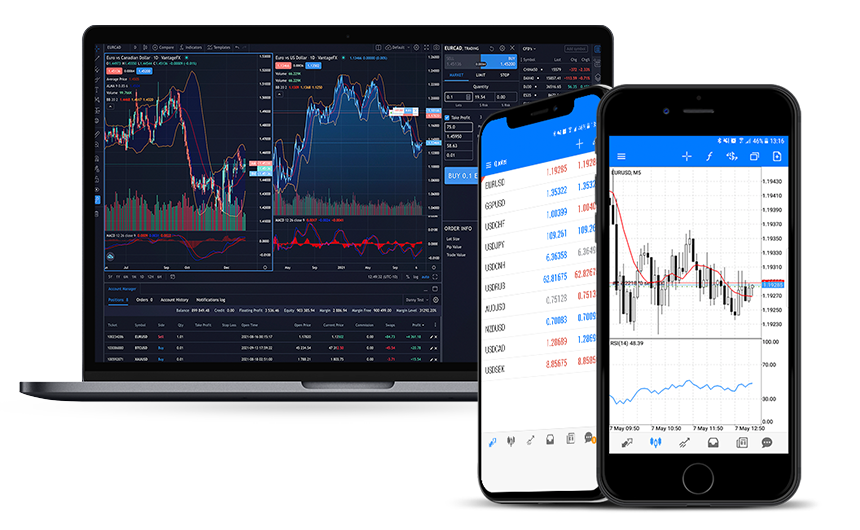CFD Markets
Contracts for Difference, or CFD, offers a lot of benefits to customers. However, the CFD markets expect its traders to have an in-depth knowledge of what the market is all about to avoid misconceptions.
CFD market reflects the overall financial spread betting market scenario, including the assets traded. The market, of course, offers huge flexibility with various options to trade the contract with a quoted price for instruments mutually agreed upon by the client and broker. There are hardly any restrictions imposed on traders so far as CFD markets are concerned.


What Factors Affect Broker Fee Charges in CFD Markets?
Like traditional brokers, CFD brokers and online financial agencies also offer significantly similar order types to customers. These order types include contingent orders as well as stops and limits. There are some brokers who provide guaranteed stops for which they might charge a fee or ask for some commission out of the profit their customers make. To note here is that commissions are applicable only when the parties deal in share CFDs.
As a trader, you may come across brokers who never ask for a fee rather they get the revenue by making the traders pay the spread. Spread is defined as the difference between the buy and sell price of the CFDs. On the contrary, there may be traders who expect capital investment to day trade. However, day trade is not mandatory. You can day trade only if you wish to do so.
There are several websites that offer beginners a guide on how to start with CFD trade. They also provide market data along with the average fee charges that brokers ask for. Some of the sites discuss the holding cost. It is the charge that traders have to pay as and when any position opens in their account.
Start trading
on Dreem Capital mobile app.
Available on multiple platform
Download fromPlay Store Download fromApp Store Trade fromWeb Terminal
Trade fromWeb Terminal